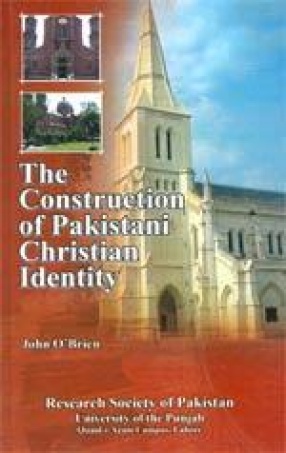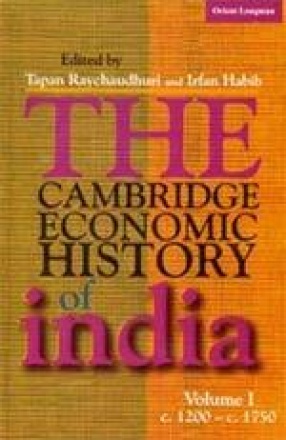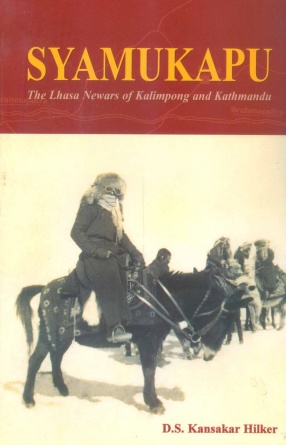The Construction of Pakistani Christian Identity
Synopsis
This work, drawing on many years of participant observation and scientific research, is likely to remain the standard reference work on the history, ethnography and belief system of the Christians of Pakistan for the foreseeable future. Beginning with the sweepers' guilds in pre-Aryan Indo-Pakistan, it maps out the degradation of the aboriginal tribe in the Aryan invasions, and the pseudo-legitimation of this degradation in Brahmanism. Having clarified the methodological and hermeneutical perspectives of the inquiry, it proposes a philosophically coherent critique of Brahmanism and 'Untouchability'. Its development of 'the counter-narrative of the oppressed,' allows the people to speak their own work, especially in their origin myths. In their written sources including genealogies, wedding and funeral songs, religious litanies and epic poetry, the reader meets their defiant proclamation of a strong sense of identity and their insistence that historically, they were neither Muslims nor Hindus. The narrative then turns to rites of pessage, noting their eclectic structure. Next, it traces the development of their religious sensibilities from animism to the development of the cult of Bala Shah-Balmik, stressing its difference from the re-invented. "Hinduized" Balmikism of the Arya Samaj, while noting their exclusion from Hindu dharm down through the ages. It studies their qualified acceptance into the Sikh Khalsa, their part in the army of Ranjit Singh and their recruitment as 'Pioneers' in 1857. it traces how, a Mazhabi Sikhs, one section became an agricultural cast in the Canal Colonies at the turn of twentieth century, becoming in turn, role models of social mobility for the people as a whole. It discusses how their economicworld began to be transformed in the Canal Colonies and how the material base of a new identity began with the founding of Christian Villages. The inner world of this ethnic group is disclosed as one where 'izzat' is the cornerstone, legitimating an unreconstructed patriarchalism upheld through the control of female sexuality. The ritual meaning of food is examined, as are internalized oppression, social stigma and horizontal violence. The movement into Christianity in early twentieth-century Pubjab, was the defining moment in the creation of a new social identity for this people. The implications of the indigenous, kinship-based, power structures (biradheri), remaining unaffected by this movement, are closely examined, as are the motives for the movement, while nothing some of the salient features of the enculturation of Christianity among the people, as well as the historical factors which contributed to a move towards Catholicism. It notes the growing marginalization of this people due to the progressive Islamization of the state and especially through the Blasphemy laws. The centrality of 'memory' to identity is stressed lest the suppression of the 'memory' of oppression, function as an unconscious collusion in the ideology of the oppressor. It suggests that by defining itself as a lineage of belief and praxis, this people can give meaning and shape to both past and present, as well as purposefully constructing a human future.
Read more
Not available
BECOME A MEMBER
Books by the same author







Bibliographic information
Tags